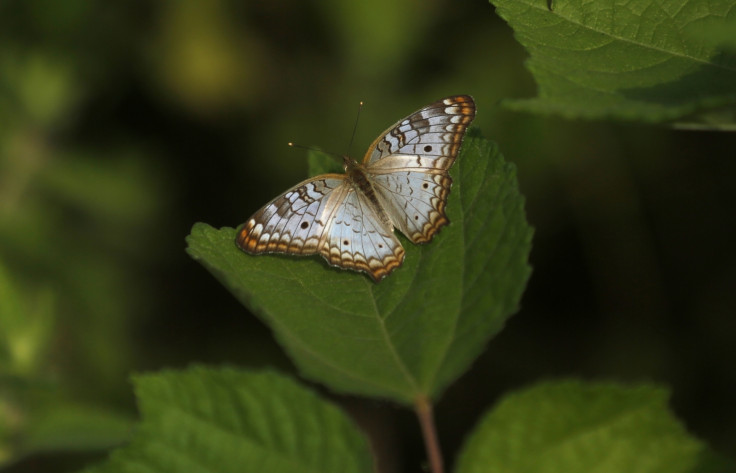Plants found to evolve away from defences that do not work for them anymore
The adage "evolve or die" still holds true for living organisms and scientists have found direct evidence of it working.

Plants have been found to stop using defensive measures that do not work for them, evolving different methods to either protect themselves or sometimes even living with the consequences.
Much in the way soldiers stopped wearing breastplates once guns could fire bullets through them, plants also abandon obsolete defensive tools that are no longer effective, a new study made by researchers at the Academy of Natural Sciences in Drexel University confirmed, as per a report in Phys.org.
The study, led by Tatyana Livshultz, found that multiple lineages of plants have stopped producing a chemical that they normally do to deter herbivores. Even in cases in which the plant's ancestors produced it, once the plants 'knew' that it was not working as expected, they stopped attempting to chemically defend themselves.
Researchers studied types of flowering plants called dogbanes and milkweeds which produce a chemical that is known to be highly toxic to humans and other mammals, called pyrrolizidine alkaloids. The plants produce it as a defensive measure and the team traced the plant's gene back to when it first started to produce this chemical.
After the plants' particular genes were traced back to a single origin, it was found that it became non-functional at least four times in the their history. As for the plants' descendants, it was found that the defensive gene was "lost to evolution".
The reason: Danainae butterflies. When faced with foes that are not affected by the toxic alkaloids, the plants simply stopped producing it. Certain varieties of milkweeds came to the realisation that not only were the larvae of the Danainae butterflies not affected by the defensive chemicals, they were actively seeking out the plant for it.
In response, the plants stopped producing the chemical altogether.
"Pyrrolizidine alkaloids are likely an ineffective defence against Danainae. Furthermore, they are actually beneficial to them since they take in these chemicals for their own defence against their predators," Livshultz explained.
The findings of this study support the "defence de-escalation" hypothesis, noted the report. This hypothesis states that organisms will simply stop wasting their resources for defences that do not seem to be effective and do not work anymore.
"Apocynaceae (milkweed) species of this lineage produce a number of different classes of defensive chemicals, including cardenolides and other types of alkaloids," Livshultz added. "It has been shown that cardenolides are at least partially effective defences against adapted herbivores, such as the monarch butterfly, the most familiar species of Danainae to Americans."
On why milkweeds in certain regions still continue to produce this chemical, Livshultz explained, "Perhaps because they suffer more from other insects that are deterred by these chemicals."





















